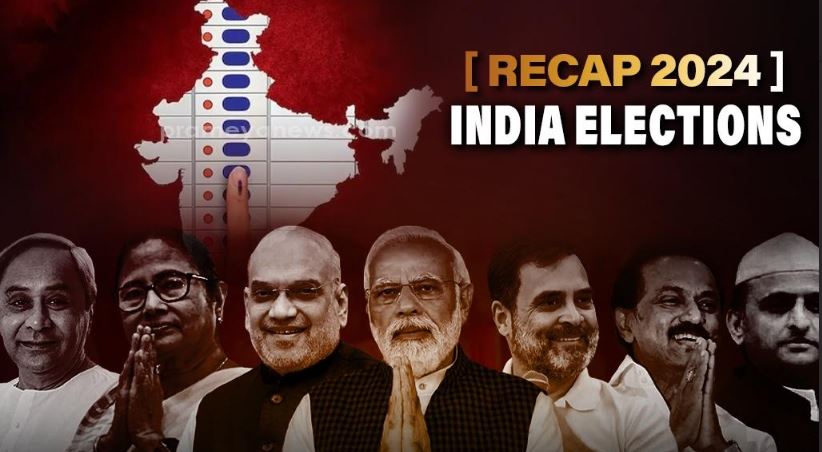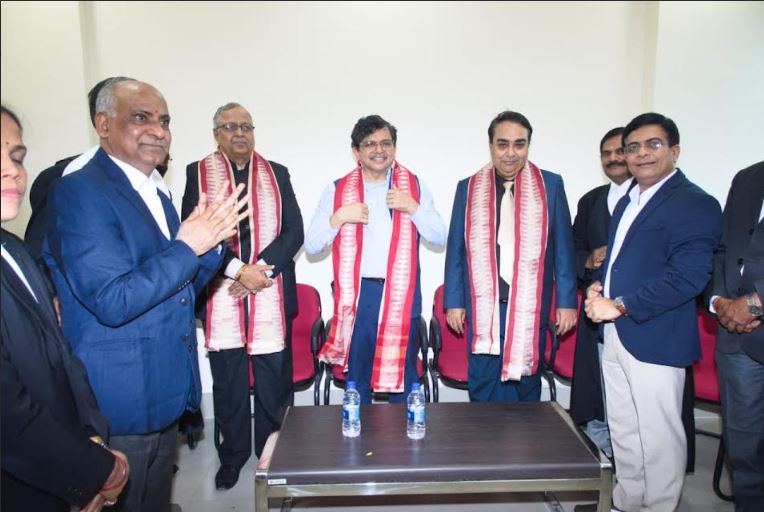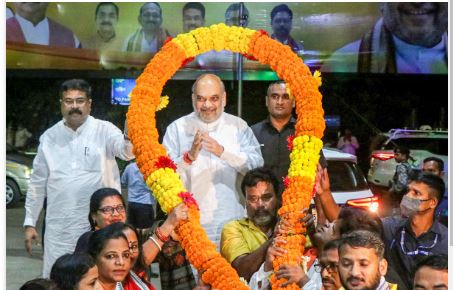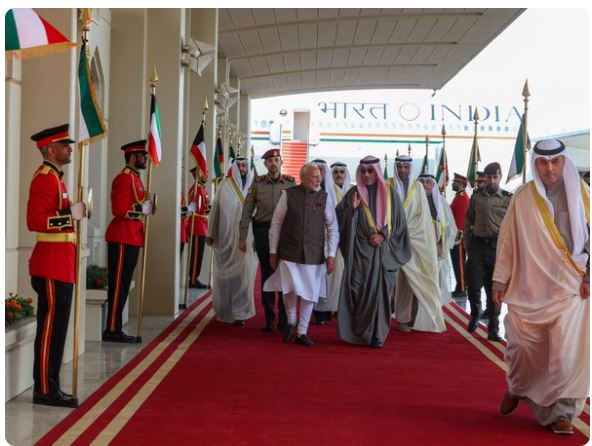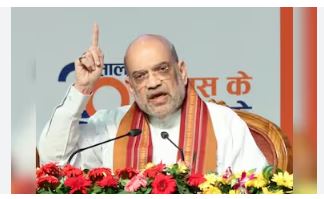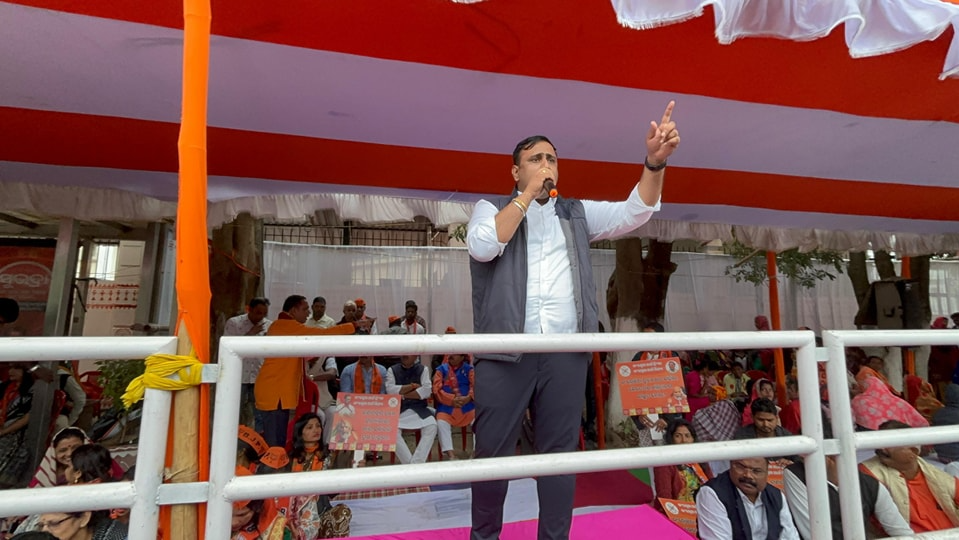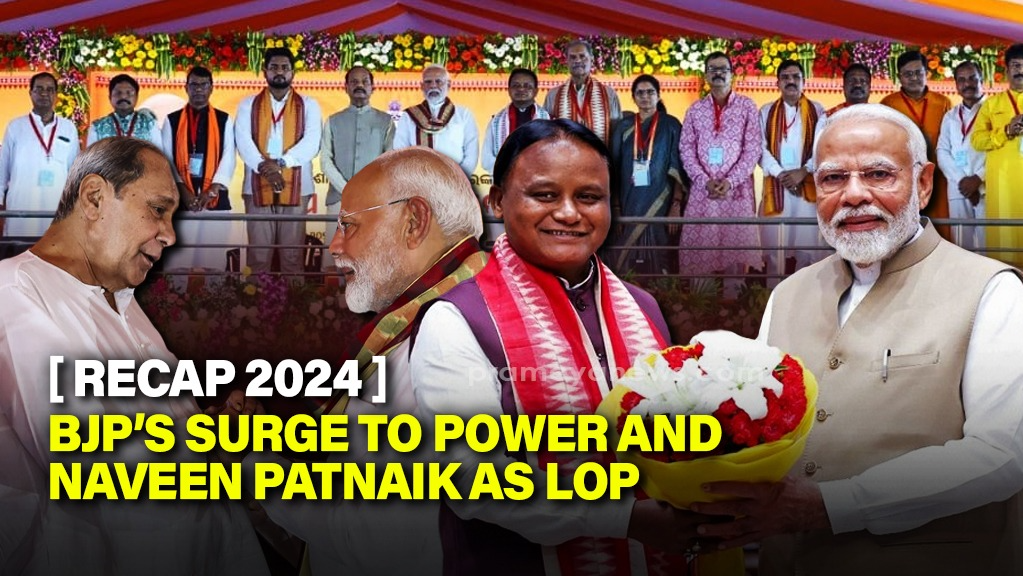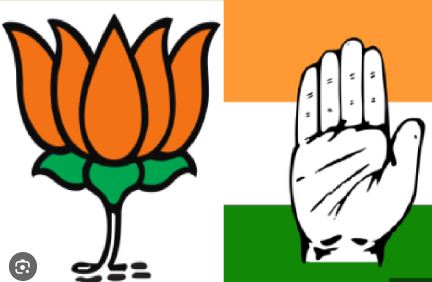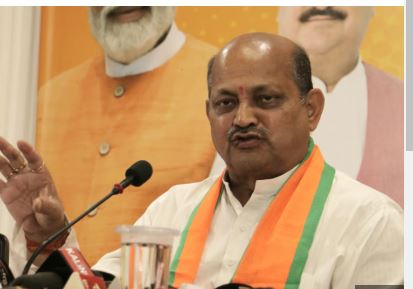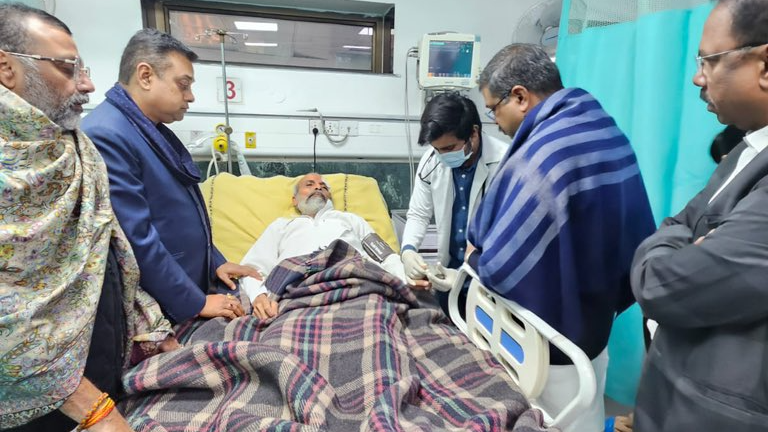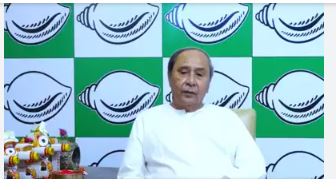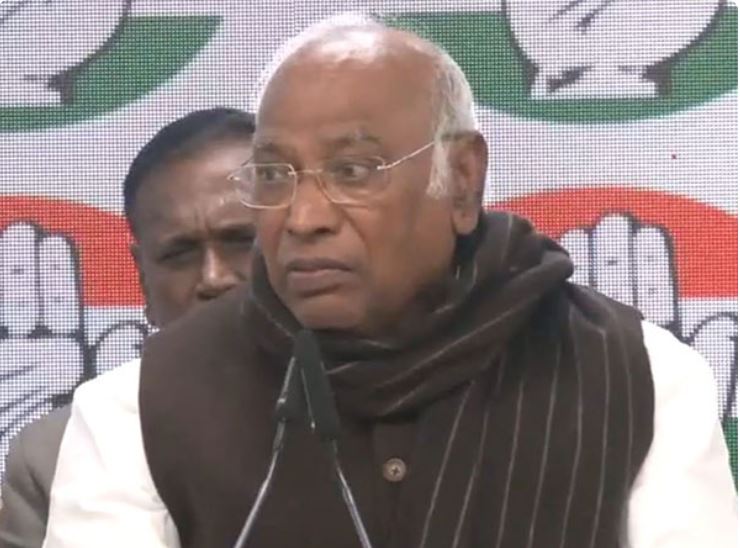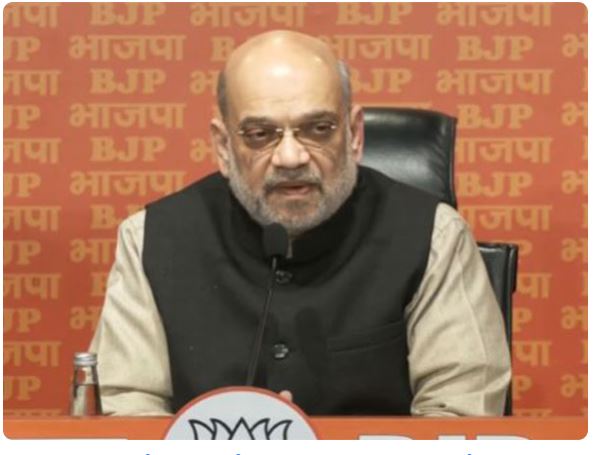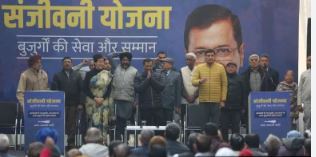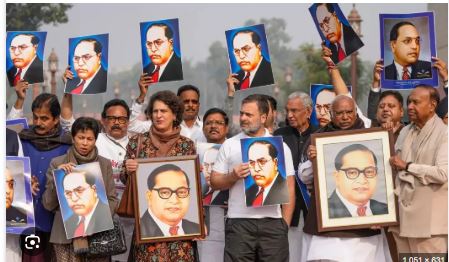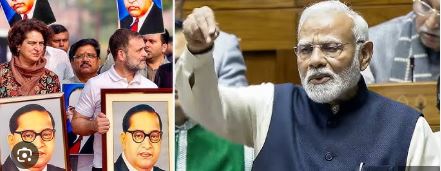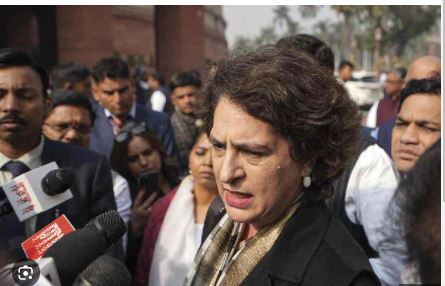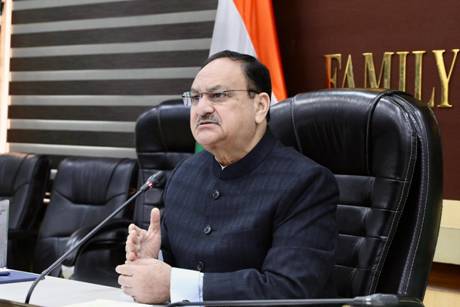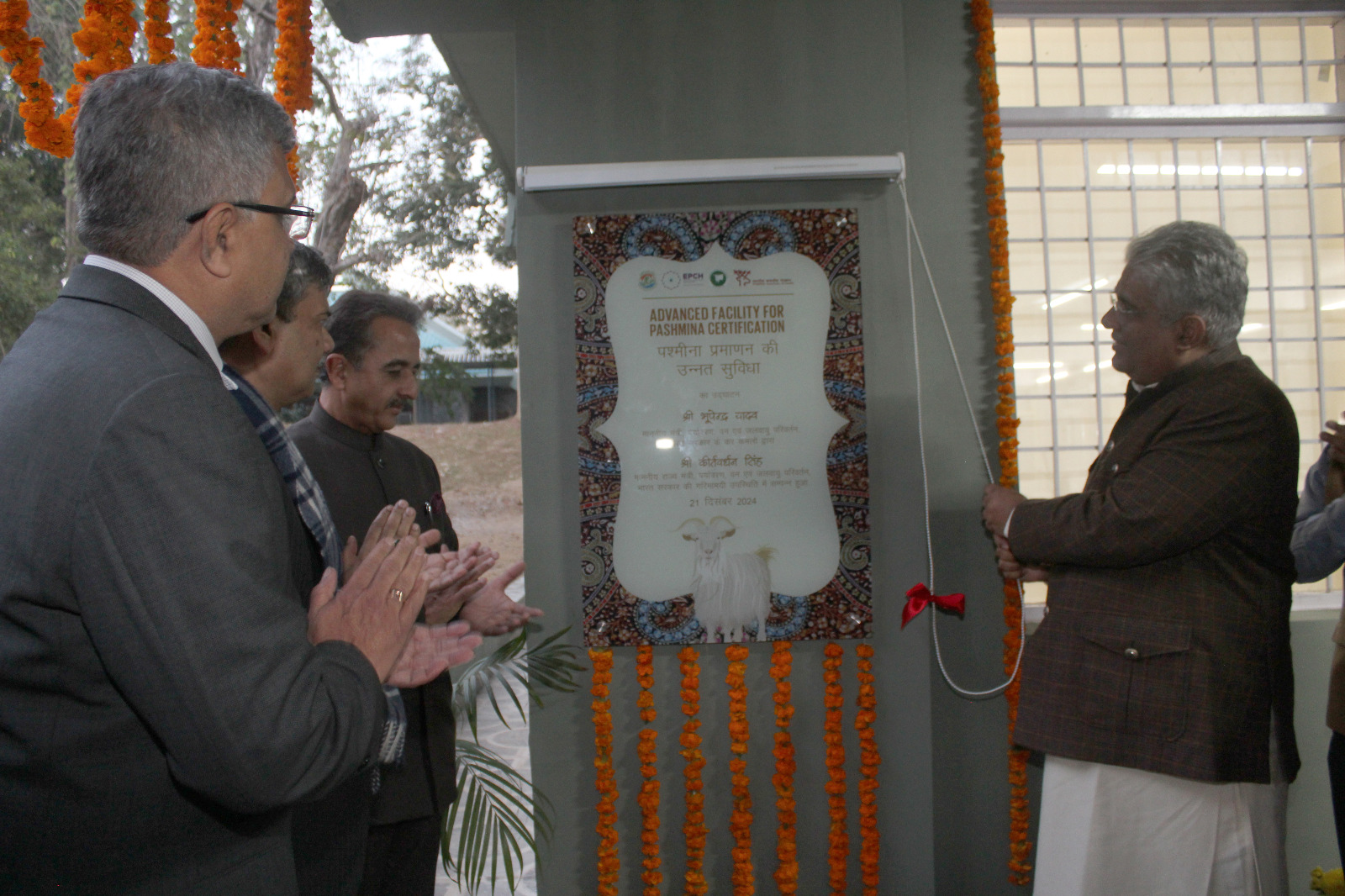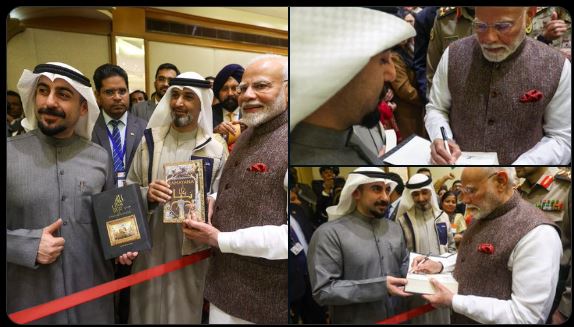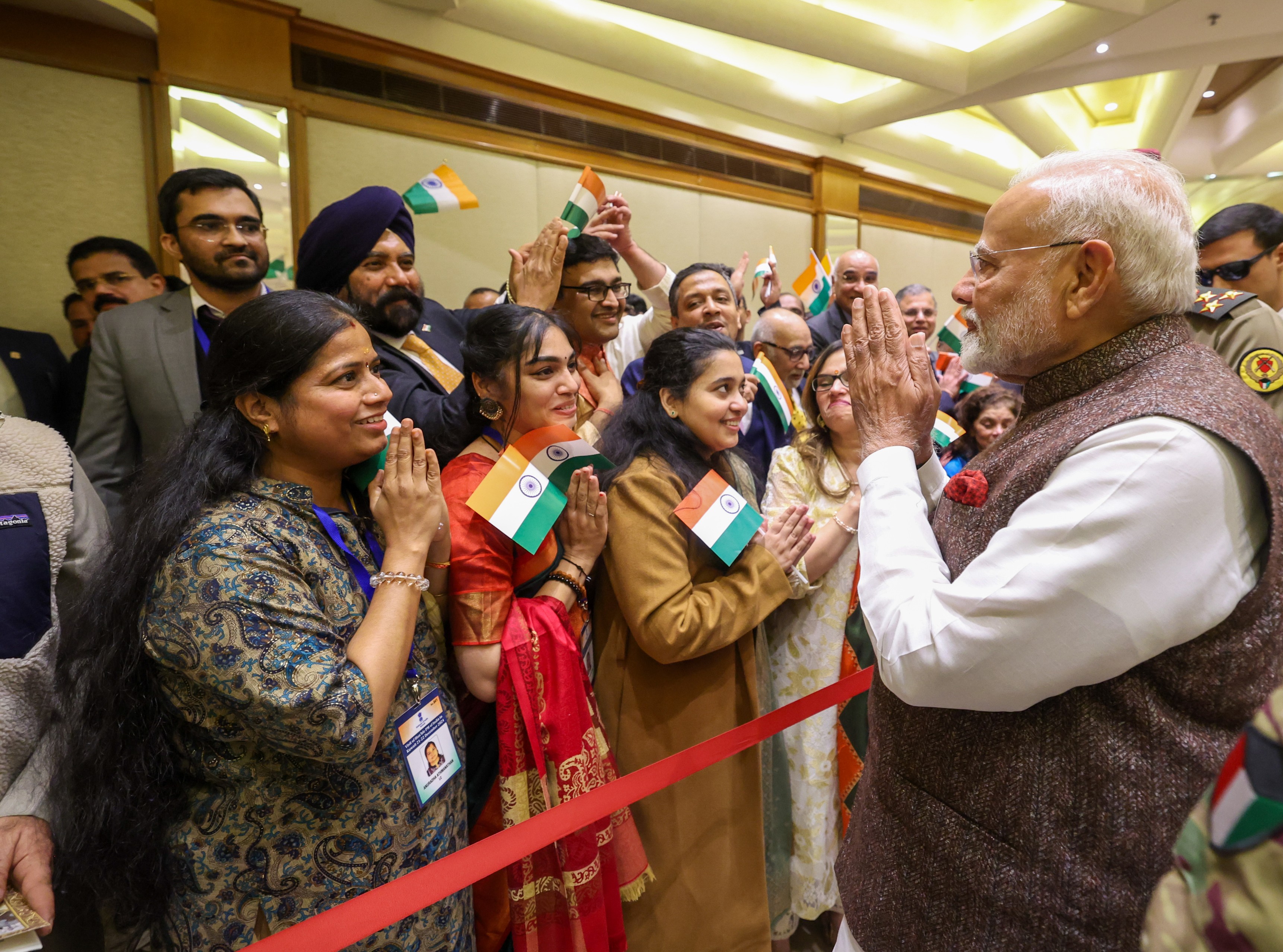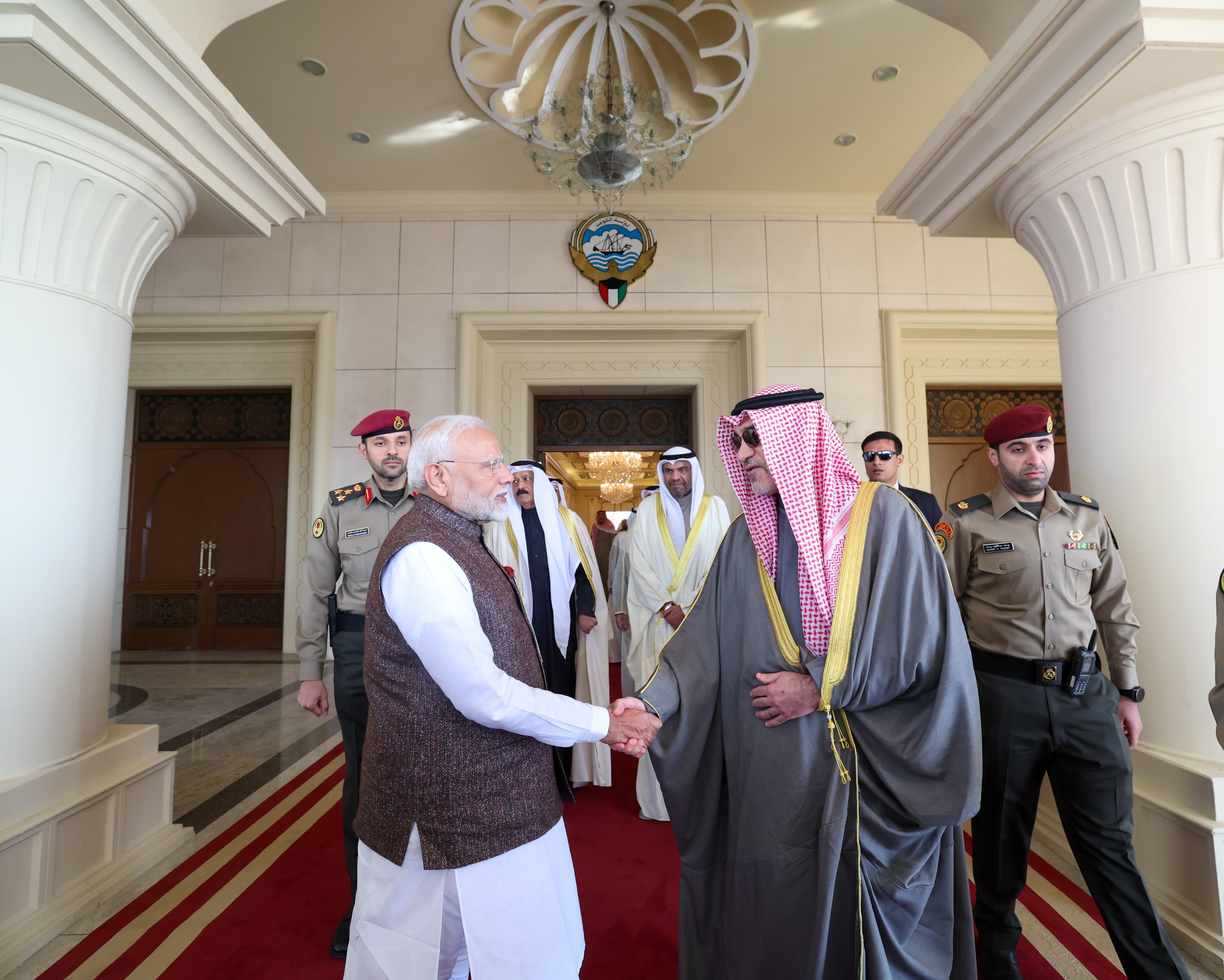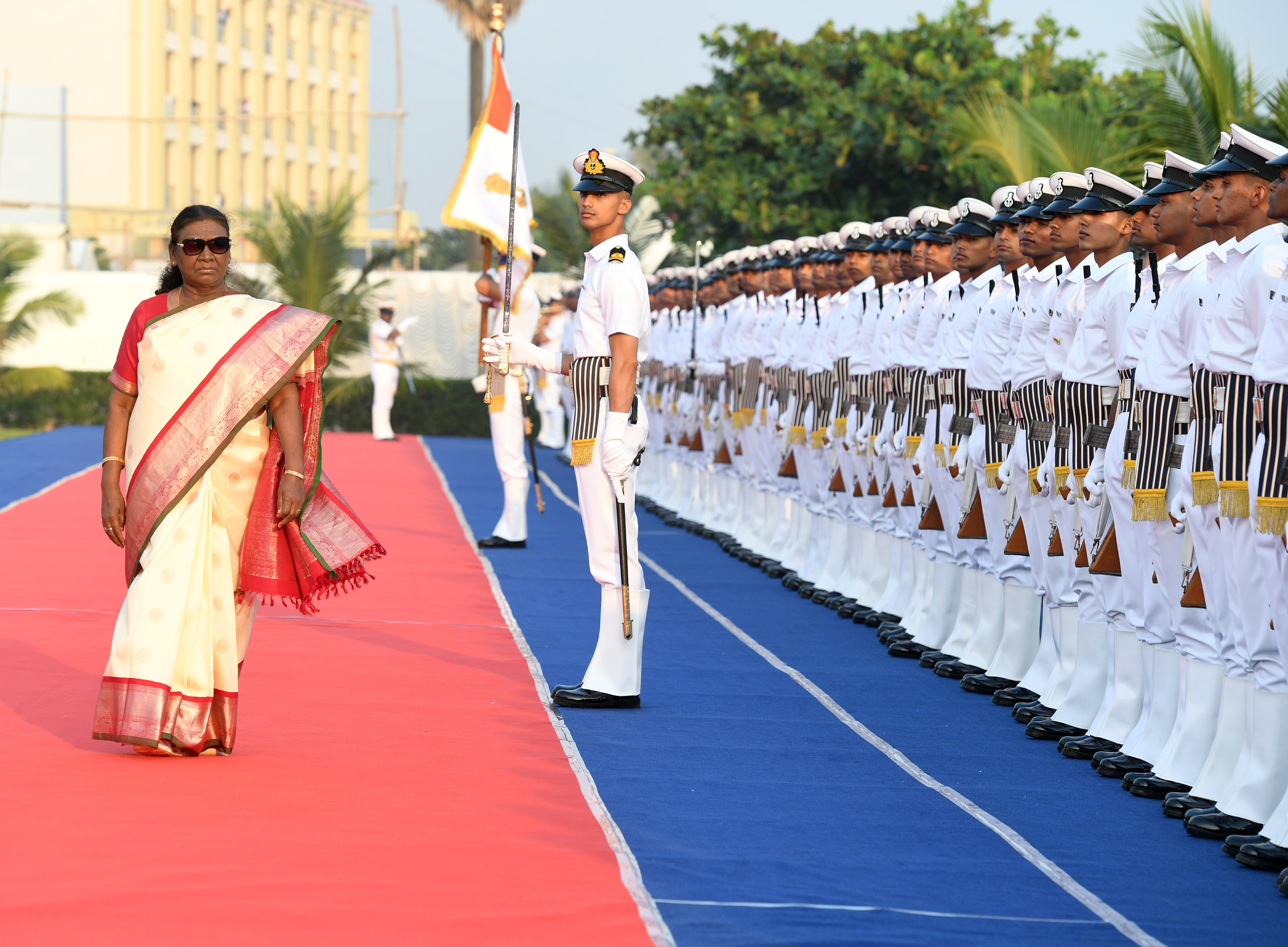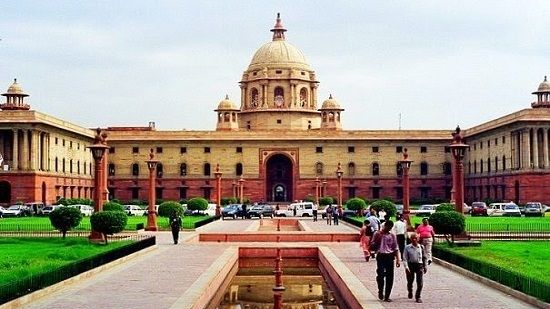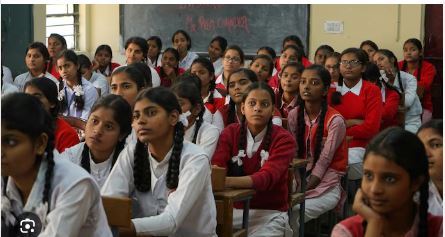Bhubaneswar, December 21: India’s 18th national parliamentary election, conducted over six weeks and involving nearly a billion voters, culminated on June 4, 2024. As anticipated, Prime Minister Narendra Modi’s Bharatiya Janata Party (BJP) secured another victory. On June 9, Modi took the oath of office for an unprecedented third term. However, this victory brought significant shifts in the political landscape.
BJP’s Bittersweet Triumph
With 240 seats in the Lok Sabha, the BJP emerged as the single largest party. Yet, this marks a 63-seat decline from 2019, causing the party to lose its outright majority. To secure the 294 seats needed for governance, the BJP relied on allies in the National Democratic Alliance (NDA). This coalition-driven victory underscores the resurgence of India’s pluralistic democracy, limiting BJP’s once-dominant grip.
The opposition alliance, INDIA (Indian National Developmental Inclusive Alliance), led by the Indian National Congress, garnered 232 seats despite alleging electoral disadvantages in media coverage, funding, and state resources. Independent candidates and smaller parties, holding 17 seats, now stand as potential kingmakers in this coalition-dominated environment.
Although Modi remains popular, his invincible image has been dented, ushering in a new era of internal power dynamics within the BJP.
Challenges During a Tumultuous Election Phase
The BJP entered the election with a familiar playbook—centering Modi as its focal point, promoting Hindu nationalism, and emphasizing India’s global rise. The INDIA alliance countered by framing the election as a referendum on democratic integrity, focusing on economic disparity and justice.
Economic issues like unemployment and inflation were the top voter concerns, as revealed by a Lokniti-CSDS survey. Despite its confidence in sweeping over 400 seats, the BJP faced setbacks in key states like Uttar Pradesh and Maharashtra. Opposition strongholds like Tamil Nadu and conflict-ridden Manipur also eluded BJP gains. Notably, the BJP lost the symbolic Faizabad seat, despite Modi’s high-profile Ram Temple inauguration in Ayodhya earlier this year.
Anti-incumbency sentiments also affected both the NDA and INDIA alliances, as each struggled in key states. The BJP’s reliance on divisive rhetoric and muted intervention by the Election Commission further marred the electoral process.
Coalition Politics: A Test of Leadership
The election results have reinvigorated liberal voices and civil society, interpreting them as a check against BJP’s perceived authoritarian tendencies. Modi, however, has promised bold reforms in his third term, targeting corruption and aiming to attract foreign investment to bolster manufacturing.
The coalition’s dynamics will prove challenging, as partners have already made demands, including special economic packages for Bihar and Andhra Pradesh. Additionally, the farmers’ movement and upcoming state elections will pressure the BJP to tread carefully. With the largest Council of Ministers to date, Modi’s government seeks to balance diverse interests.
Foreign Policy Continuity
Despite domestic changes, the BJP’s foreign policy is expected to remain consistent, emphasizing India’s civilizational identity, multipolarity, and strategic autonomy. Subrahmanyam Jaishankar’s reappointment as External Affairs Minister signals continuity in India’s assertive global stance.
The BJP’s election campaign prominently featured foreign policy, reflecting Modi’s portrayal of India as a “Vishwaguru” (teacher of the world). However, the narrative has subtly shifted towards “Vishwabandhu” (friend of the world). Partnerships with Russia and the West are likely to persist, balancing shared concerns over China’s aggressive maneuvers.
India-EU Relations: Opportunities Amid Challenges
The election outcome is unlikely to disrupt India-EU relations, which have seen steady progress. While trade remains a key area of potential, the cancellation of the bilateral summit necessitates recalibration. European right-wing populism could pose challenges to trade negotiations, but reducing India’s defense dependency on Russia remains a shared priority.
With a more balanced domestic political environment and external challenges in focus, India’s next five years promise to be a period of cautious governance and evolving partnerships.








